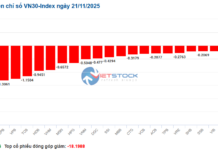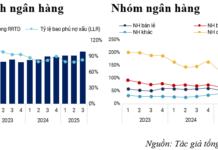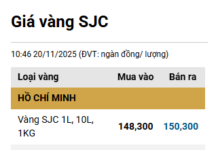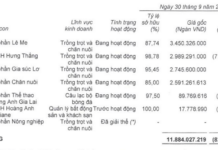According to the 2024 Social Insurance Law, employees who participate in compulsory social insurance for 24 years will receive a monthly pension.
Pension payment for citizens. Photo: Ho Chi Minh City Social Insurance
Based on Article 66, Clause 1 of the 2024 Social Insurance Law:
Female workers: Receive 45% of the average salary after 15 years of contribution, with an additional 2% for each subsequent year. Thus, after 24 years, they will receive 63%.
Male workers: Receive 45% after 20 years, with an additional 2% for each subsequent year. Therefore, after 24 years, they will receive 53%.
For men contributing between 15 and 20 years: Receive 40% for the first 15 years, with an additional 1% for each subsequent year.
Additionally, according to Article 72 of the 2024 Social Insurance Law, the average salary used to calculate the pension and one-time allowance is determined as follows:
Before 1995: Last 5 years
1995 – 2000: Last 6 years
2001 – 2006: Last 8 years
2007 – 2015: Last 10 years
2016 – 2019: Last 15 years
2020 – 2024: Last 20 years
From 2025 onwards: Entire contribution period.
Thus, the monthly pension for employees with 24 years of social insurance contribution is calculated using the formula:
Monthly Pension = Pension Rate × Average Monthly Contribution Salary.
Female workers retiring in 2025, with 24 years of contribution, will receive a pension at a rate of 63% of their monthly contribution salary.
Male workers with 24 years of contribution will receive a rate of 53%.
Under the 2024 Social Insurance Law, employees must meet two conditions to qualify for a pension.
Regarding contribution period: Employees must have a minimum of 15 years of compulsory social insurance contribution, instead of the previous 20 years. This change allows more individuals with shorter contribution periods to benefit from the pension scheme.
Regarding retirement age: Retirement age follows the schedule outlined in the 2019 Labor Code. Specifically, for men, it starts at 60 years and 3 months in 2021, increasing by 3 months each year until reaching 62 years in 2028. For women, it starts at 55 years and 4 months in 2021, increasing by 4 months each year until reaching 60 years in 2035.
The law also provides for early retirement in special cases, provided the minimum contribution period is met. These cases include: Individuals in hazardous, dangerous, or difficult working conditions; coal miners; military officers, professional soldiers, and police officers; and individuals infected with HIV/AIDS due to occupational risks or reduced work capacity.
Revised Retirement Age Adjustments for Educators Under the New Law
The 2025 Education Law, effective January 1, 2026, introduces significant changes to retirement regulations for educators. Preschool teachers now have the option to retire earlier, while highly qualified educators can extend their careers by retiring at a later age.
“Retirement in 2025: Unlocking the Pension Mystery”
The retirement age for workers in normal working conditions will increase to 61 and a half years for men and 57 years for women by 2026, according to Decree 135/2020/ND-CP, Article 4, Clause 2. This raises an important question: how will retirement benefits be calculated for those who meet these eligibility requirements and have contributed to social insurance (SI) for 26 years?
The Four Salary and Bonus Policies, and the Retirement Age Increase Effective December
Increasing the retirement age of officers, mandating verified social media accounts for information dissemination, and the merger of districts and communes in 17 provinces are among the policies that came into effect in December.













































